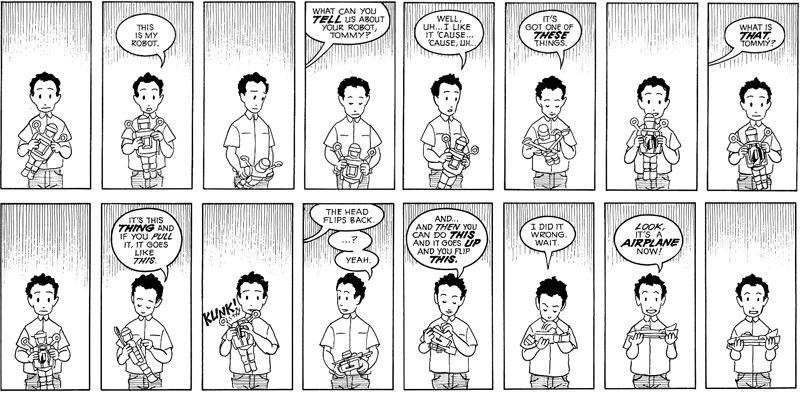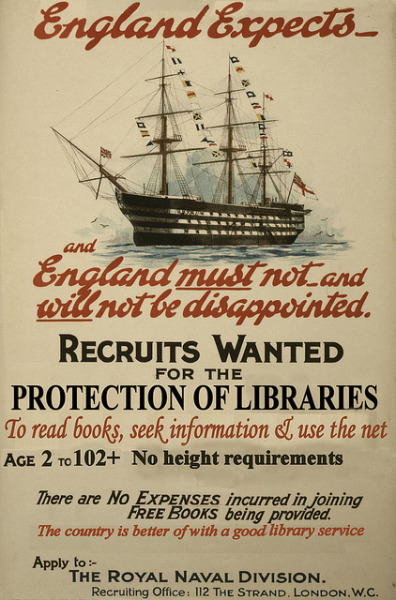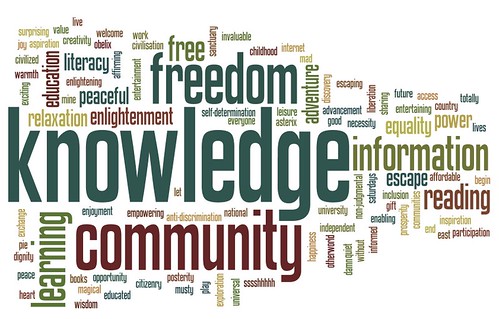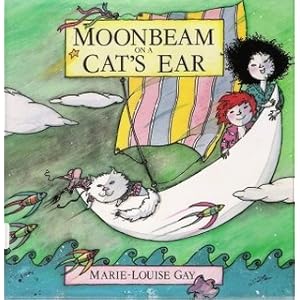Recently, Wired magazine declared the death of the web:
You wake up and check your email on your bedside iPad — that’s one app. During breakfast you browse Facebook, Twitter, and The New York Times — three more apps. On the way to the office, you listen to a podcast on your smartphone. Another app. At work, you scroll through RSS feeds in a reader and have Skype and IM conversations. More apps. At the end of the day, you come home, make dinner while listening to Pandora, play some games on Xbox Live, and watch a movie on Netflix’s streaming service.
You’ve spent the day on the Internet — but not on the Web. And you are not alone.
This is not a trivial distinction. Over the past few years, one of the most important shifts in the digital world has been the move from the wide-open Web to semiclosed platforms that use the Internet for transport but not the browser for display. It’s driven primarily by the rise of the iPhone model of mobile computing, and it’s a world Google can’t crawl, one where HTML doesn’t rule. And it’s the world that consumers are increasingly choosing, not because they’re rejecting the idea of the Web but because these dedicated platforms often just work better or fit better into their lives (the screen comes to them, they don’t have to go to the screen). The fact that it’s easier for companies to make money on these platforms only cements the trend. Producers and consumers agree: The Web is not the culmination of the digital revolution.[full article]
Or in Clue-speak: it was the User in the Internet with the App.
Declaring things dead doesn’t have the same bombast it used to, and it’s not entirely new news. Web 2.0 has been pushing it’s way into the Internet-user’s life for a few years now, and Wired is talking about the logical extension of that trend.
But, the article makes an important distinction between “browsing” and “getting.” This has to do with the rise apps-based user expectations and an achieved critical mass of online-content. I think browsing was useful in the past because there was no guarantee anything you wanted was out there. Now, Internet-savvy users are surprised when something is NOT online. So, it’s not about finding, it’s about retrieving.
Libraries should play close attention to this, not because we’re not in the information/content retrieving business. This is what a good library does well, after all.
The issue at stake is competition.
The barriers to entry in the library’s field of online content delivery (eBooks, reference information, audio books, etc.) have been knocked down or scaled by competition that doesn’t share the same value system, operations cost, or even expectations of open access.
Again, this is not new news, just more pressure on libraries to innovate.
Looking for a counter-point? Try What’s Wrong With ‘X Is Dead’, from the Atlantic












